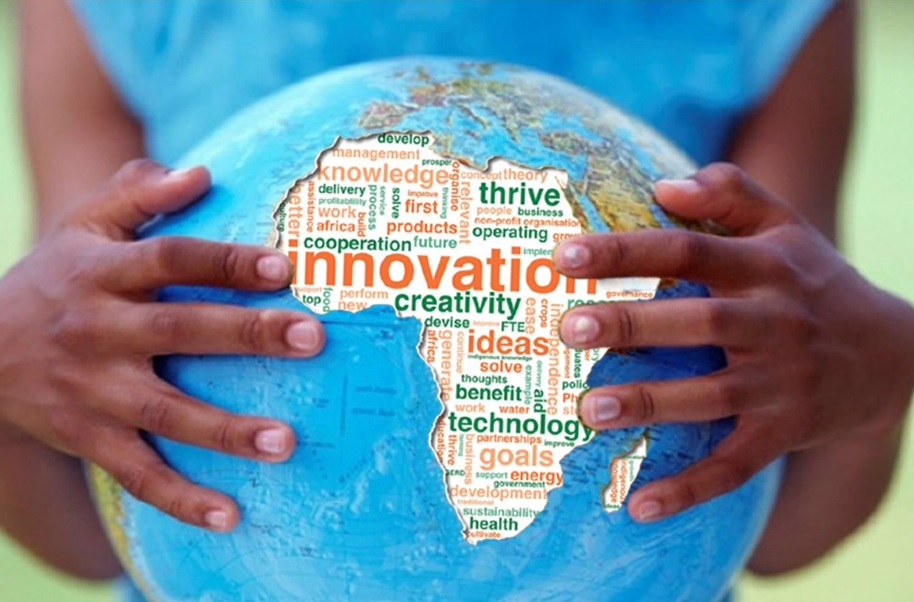Enlarge Courtesy David Campbell These Universal Peanut Shellers were invented by Jock Brandis. They're now in 17 countries.
Courtesy David Campbell
These Universal Peanut Shellers were invented by Jock Brandis. They're now in 17 countries.
That promise turned Brandis into a social entrepreneur — a man completely focused on developing better technology for poor farmers in the developing world.
Trying To Get Oil Out Of Peanuts
Some men's minds are drawn to puzzles. The puzzles that intrigue Brandis are deceptively simple: how to remove the shell from a peanut; how to get water from here to there; how to remove cocoa beans from the pod. Or, how to coax the oil from a bunch of peanuts using muscle power and some scraps of metal.
Brandis, who was born in Joost, the Netherlands, ponders this problem in his workshop in Wilmington, N.C., on a recent day. He leans over a workbench, and peers into the borehole of an old auger.
How To Make Something Out Of Nothing
At 64, Brandis is reveling in his second career. He has wispy blond hair, shuffles about his workshop with the disheveled air of an artist whose creations are never quite finished. His machines look like whimsical children's sculptures made from found objects — oil drums and tires. They lie scattered about the ramshackle workshop that is home to the nonprofit Full Belly Project.
Brandis wasn't always a do-gooder. His first career was in the sometimes bloody world of B-movies.
He did lighting for the films you might have seen in college and can now find listed under cult classics, like the legendary Scanners, a thriller about a telekinetic psychopath. Brandis even got some bit parts. But to find him, you have to look closely — within minutes, he's usually dead and out of the picture. The movies taught Brandis something important: how to make something out of nothing.
"You know, the director saying, 'All right, next Thursday, flying saucer flies into the Brooklyn Bridge, here's your budget.' And we say, 'OK.' And you just do it," he says.
A Quiet Agricultural Revolution
That's what he did for a living, until he made that famous promise in 2001. That's when Brandis went to Mali, West Africa, on a lark. He'd decided to help a friend build a drinking water project. He noticed African women shelling thousands of peanuts by hand. It was slow, painful work that made their fingers bleed. Before he left the country, he made a promise that he was going to send them back a peanut sheller. But he ran into a problem. "When I came back to America to buy it, it didn't exist," he says.
Courtesy David Campbell Senegalese villagers use the peanut sheller. The invention allows them to shell hundreds of peanuts at once, instead of one by one by hand.
All over the workshop, you can find versions of Brandis' most famous creation: the Universal Nut Sheller.
While assistant Hansen climbs onto a bicycle seat and pedals away, Brandis pours in handful after handful of peanuts. Shelled, unbruised peanuts rain down out of a chute. "And this machine can do a ton of peanuts a day quite easily," Brandis boasts.
He says that villagers with their own sheller go from subsistence farmers dependent on middlemen to independent business people.
They can shell as much as they need for market, and keep the rest fresh in their shells.
Rick Brandenburg, who teaches at North Carolina State University, says "the price can double if you can get them to the market at the right time. It allows them to market their crop when the price is right."
Brandenburg says he has seen the sheller raise the incomes and the quality of life of many villagers.
http://www.npr.org/templates/story/story.php?storyId=130890701
by Larry Abramson
